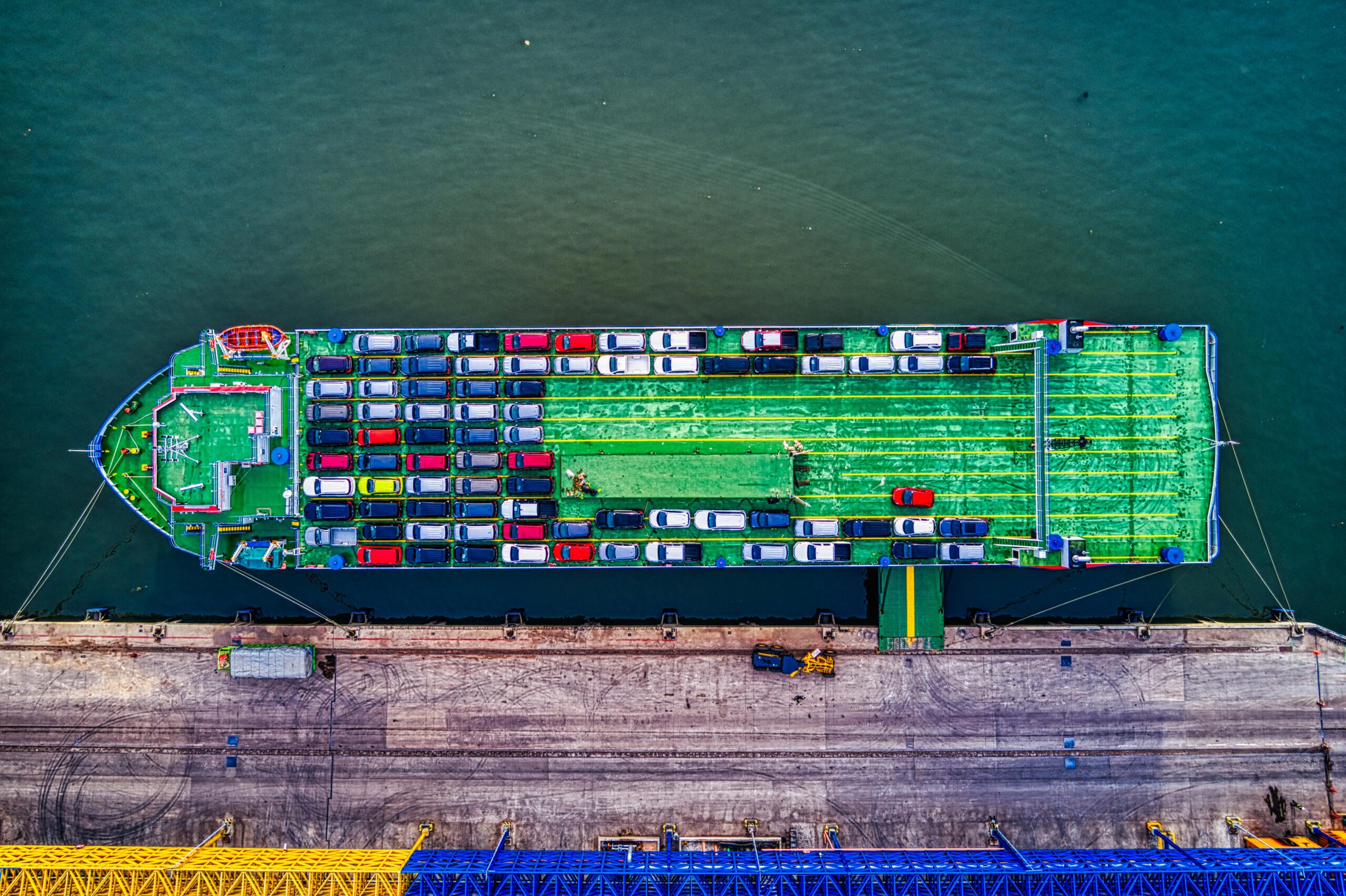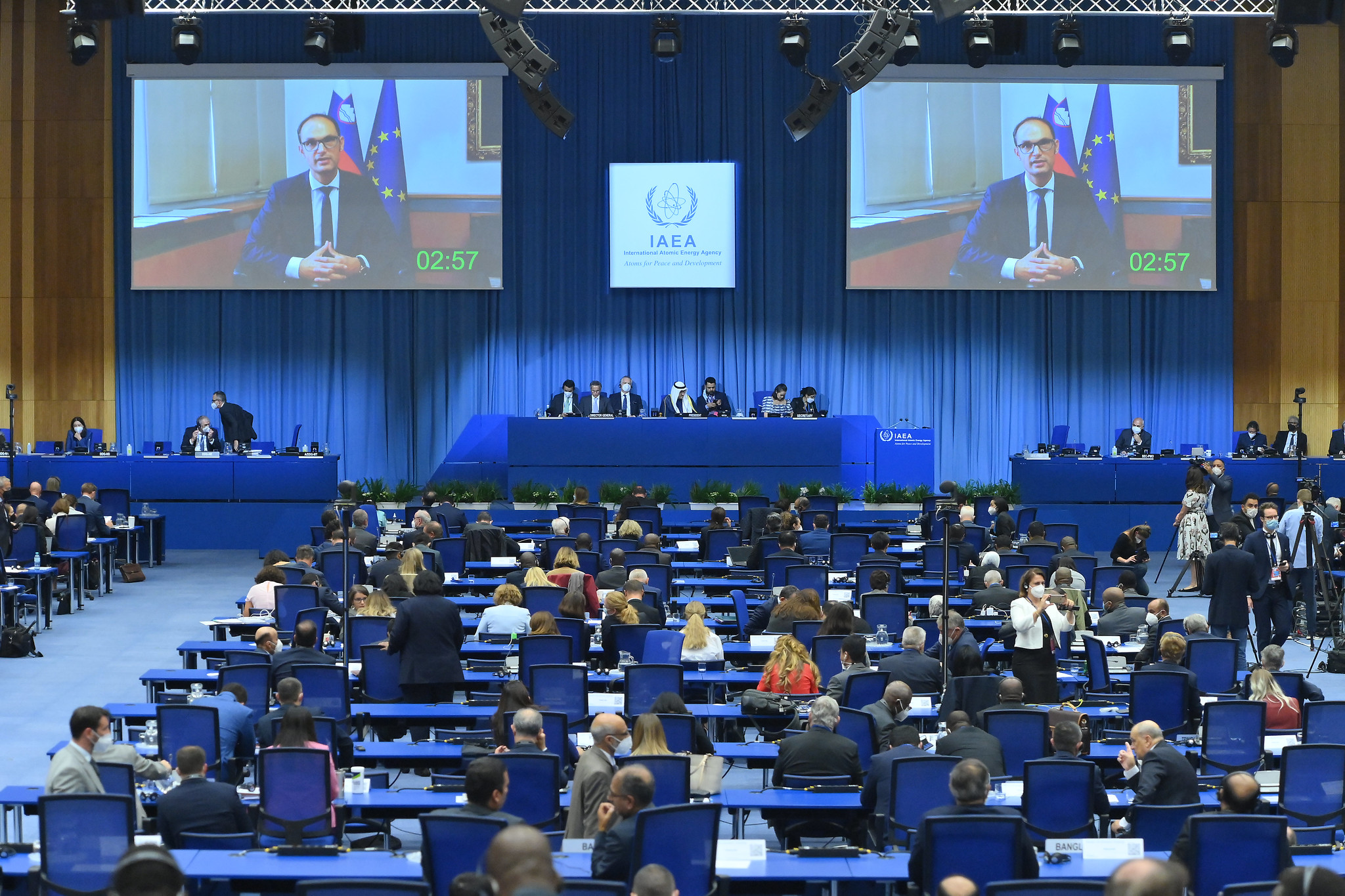EU Leaders and Manufacturers Express Caution Over New Tariffs on Chinese EVs
German Chancellor Olaf Scholz and Swedish Prime Minister Ulf Kristersson have expressed caution about imposing tariffs on Chinese electric vehicles (EVs) following the United States’ announcement of substantial levies on Chinese imports, including EVs. During a press conference in Stockholm on Tuesday, both leaders voiced their reservations about the EU adopting similar tariffs on Chinese EVs.
On Tuesday, the United States unveiled new tariffs on various imports from China, including EVs, supplementing existing tariffs under Section 301. This additional levy will elevate tariffs on Chinese EV imports to 100 percent this year. Last October, the European Commission initiated an anti-subsidy investigation into the import of Chinese EVs.
“Fifty percent of electric car imports from China come from Western brands that produce cars there, which is a notable difference compared to North America. There is a mutual exchange, with European and some North American manufacturers thriving in the Chinese market, and we must consider this,” Scholz emphasized, highlighting the significance of trade between the West and China.
“When it comes to import duties, Sweden and Germany fundamentally agree that it is detrimental to start dismantling global trade,” Kristersson remarked. “A broader trade war, where we block each other’s products, is not the future for large industrialized countries like Germany and Sweden.”
Statistics from the European Federation for Transport and Environment indicate that around 20 percent of all-electric cars sold in the EU last year, totaling 300,000 units, were manufactured in China. More than half of these came from Western carmakers, such as Tesla, Dacia, and BMW, which produce them in China for export.
Concerns from the Automotive Industry
Major German car manufacturers have also voiced opposition to potential tariff increases. “The politicians are now calling for trade restrictions on Chinese car manufacturers. This is an absurdity,” BMW CEO Oliver Zipse told German media outlet Frankfurter Allgemeine Zeitung on Tuesday.
Zipse warned that imposing restrictions on EVs is short-sighted and could provoke countermeasures from trading partners, complicating the availability of essential raw materials for European EVs. He cautioned that European carmakers should avoid repeating past mistakes in the auto industry.
“The European market previously feared the influx of cheap cars from Japan, then from Korea, and now from China,” he noted, emphasizing that the European market is not being “flooded” with cheap Chinese electric cars, which only constitute 0.8 percent of the market in Germany.
Zipse also highlighted the importance of accurate statistics, noting that while around 20 percent of EVs in Europe were imported from China last year, “more than half did not originate from Chinese companies.”
Regarding the EU’s anti-subsidy investigation on Chinese EVs, Hildegard Mueller, president of the German Association of the Automotive Industry, told Xinhua that new tariffs and barriers are not the solution.
Call for Dialogue Over Protectionism
“We believe that erecting new tariffs and slipping into mutual protectionism is the wrong approach. Instead, we need to engage in dialogue to ensure that companies in both countries can operate and trade reciprocally,” said Mueller.




